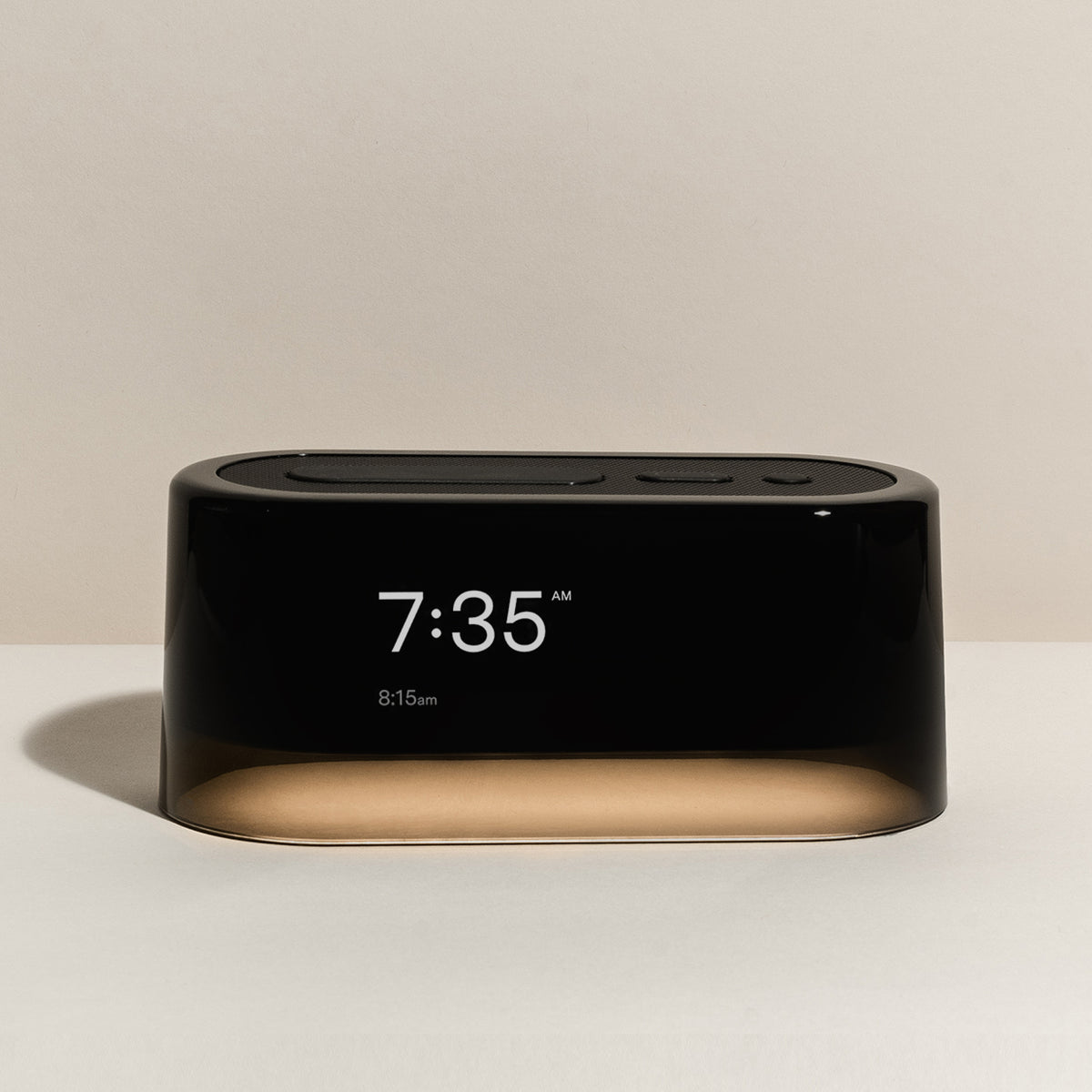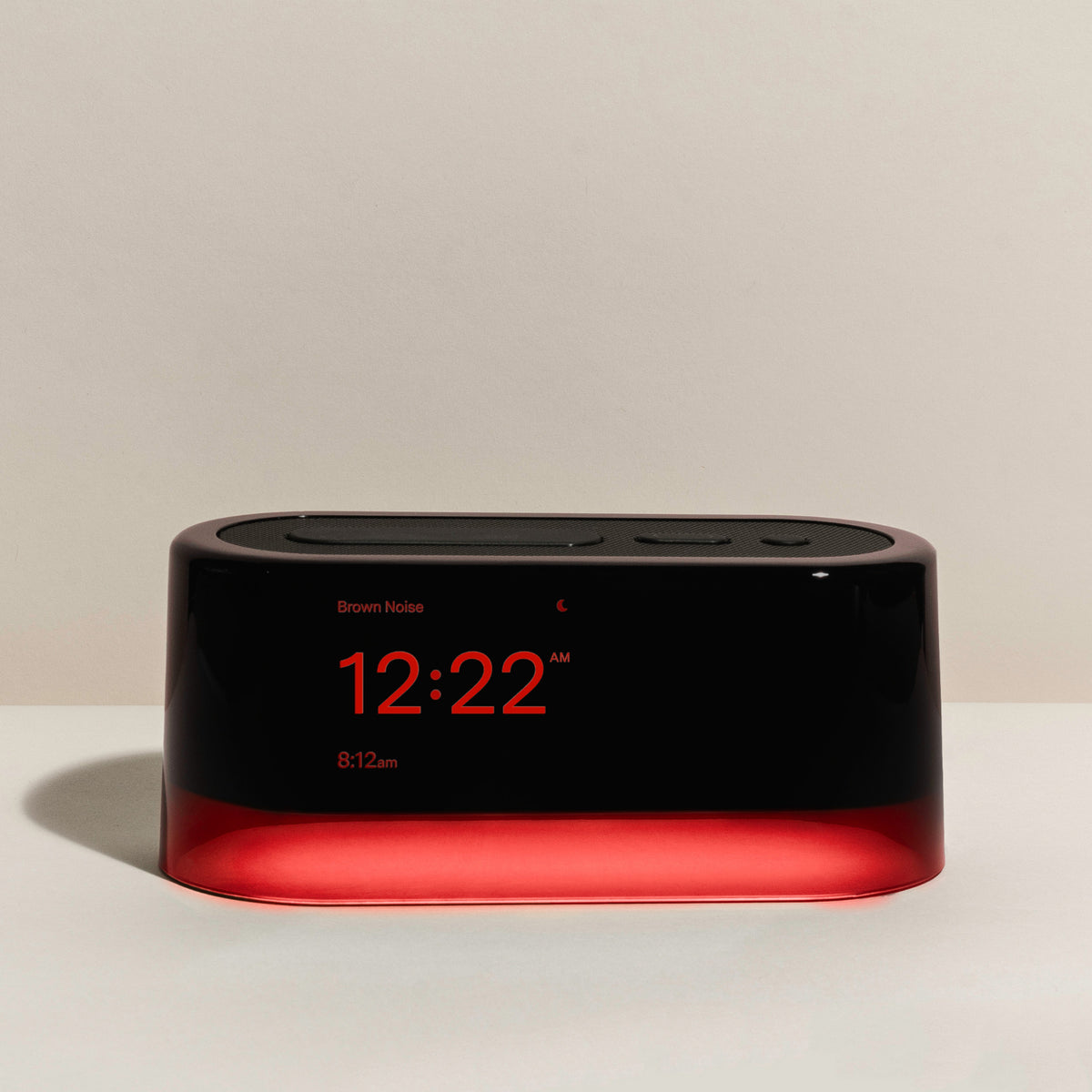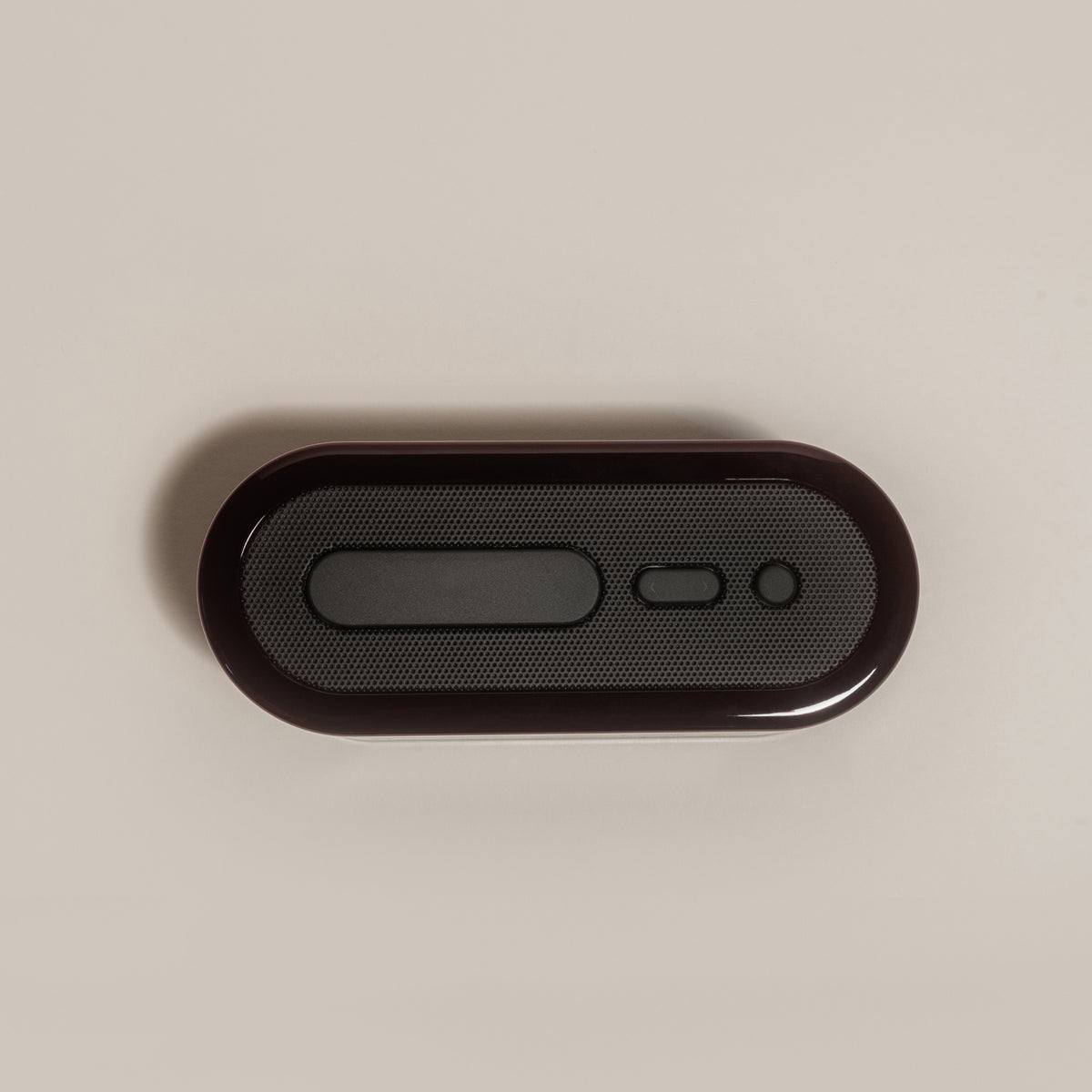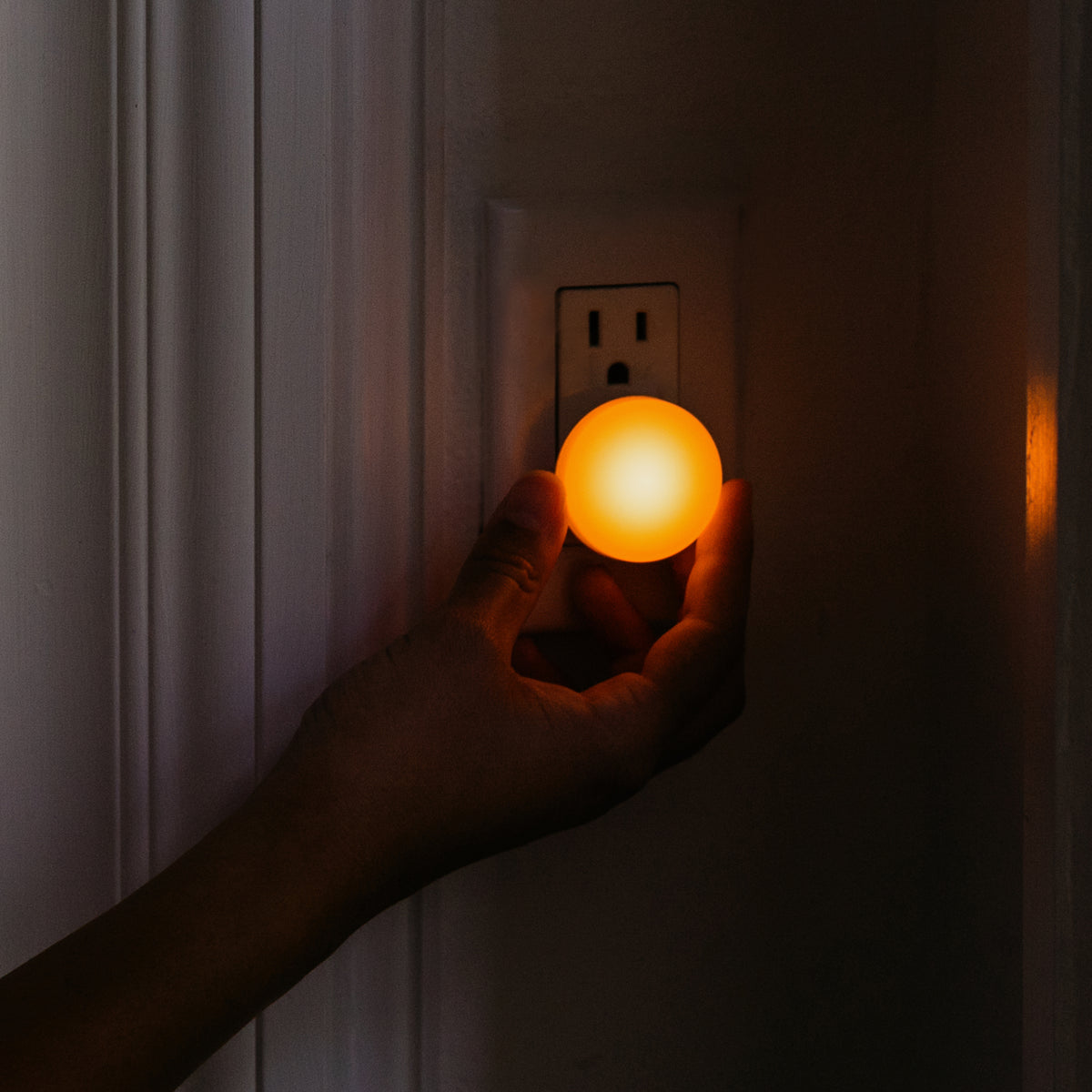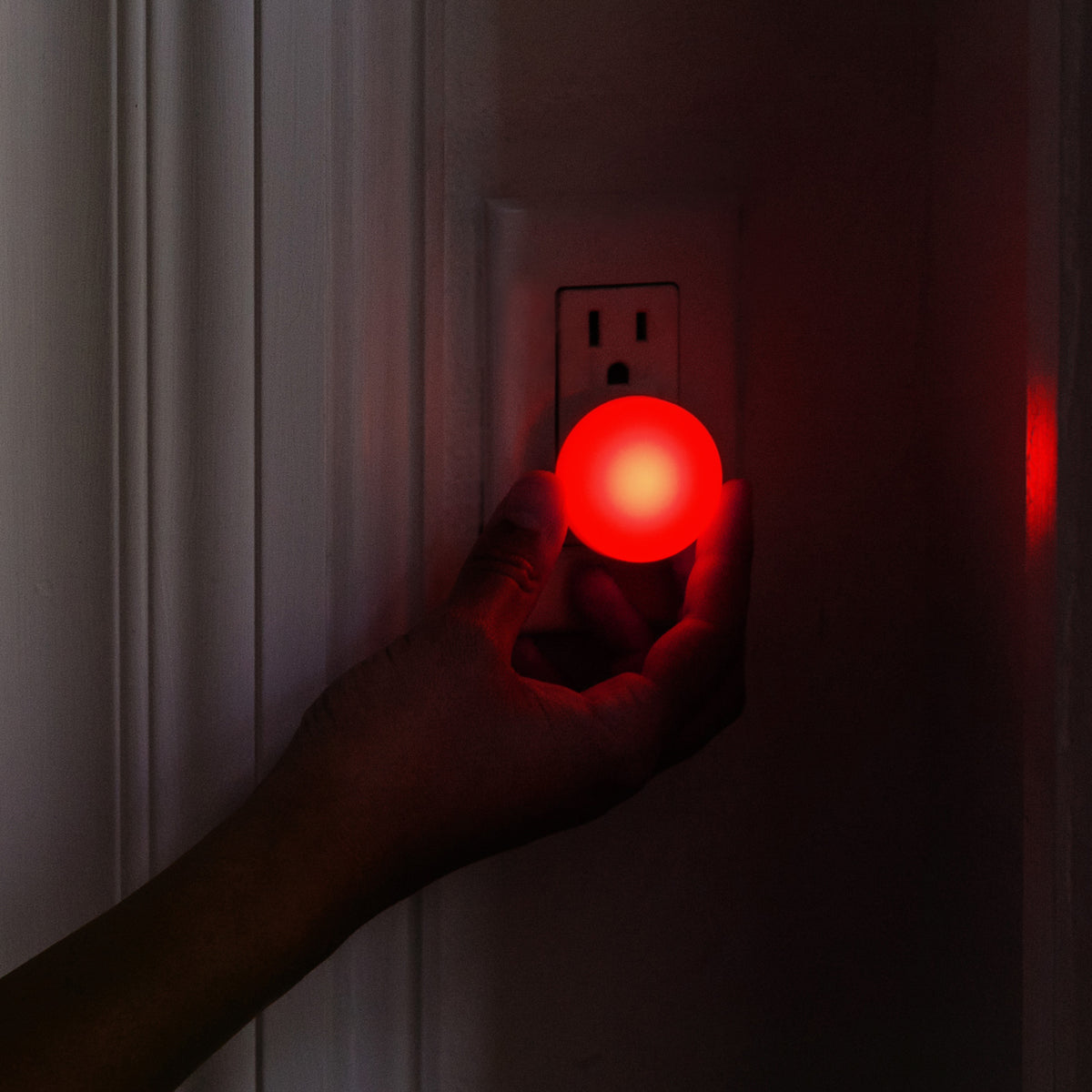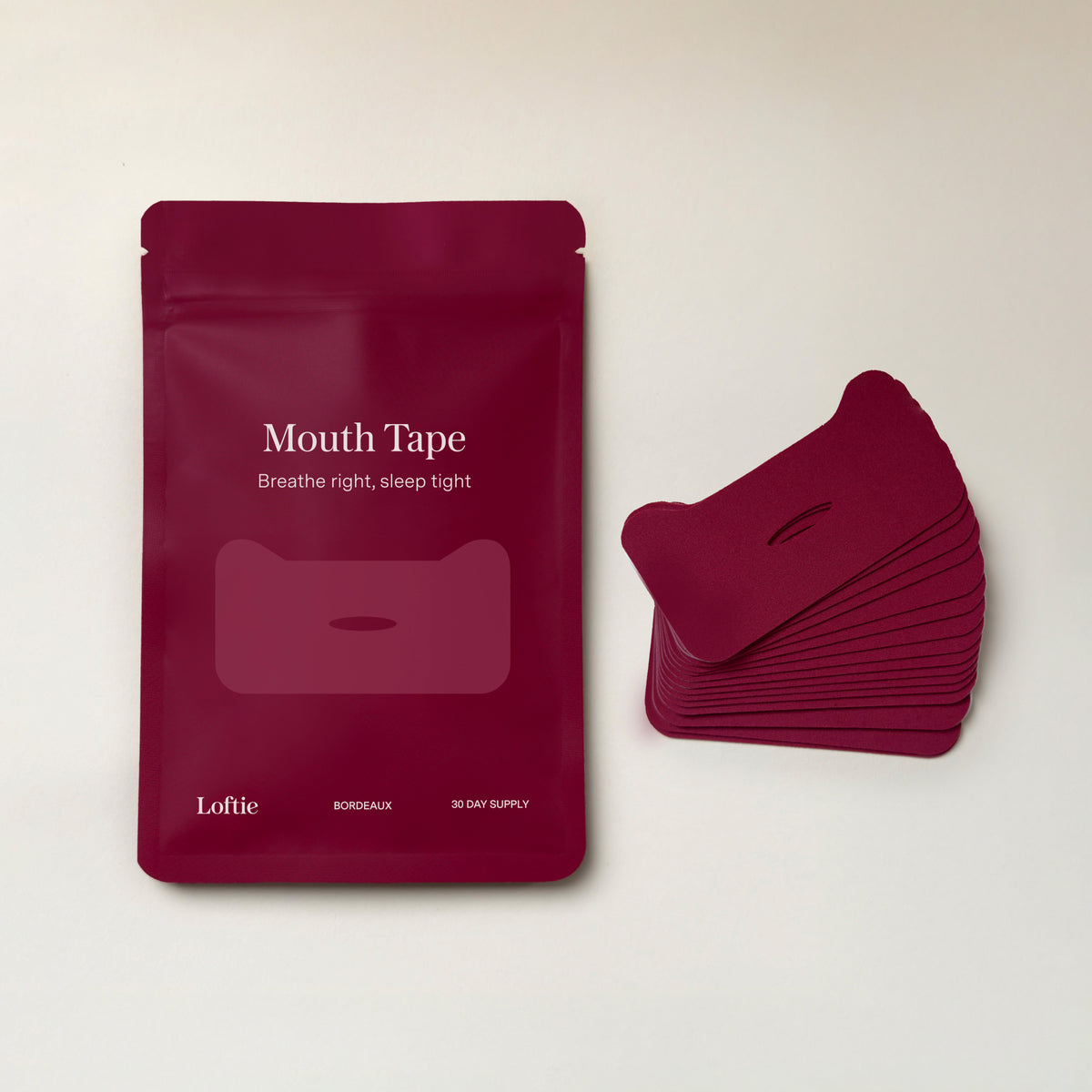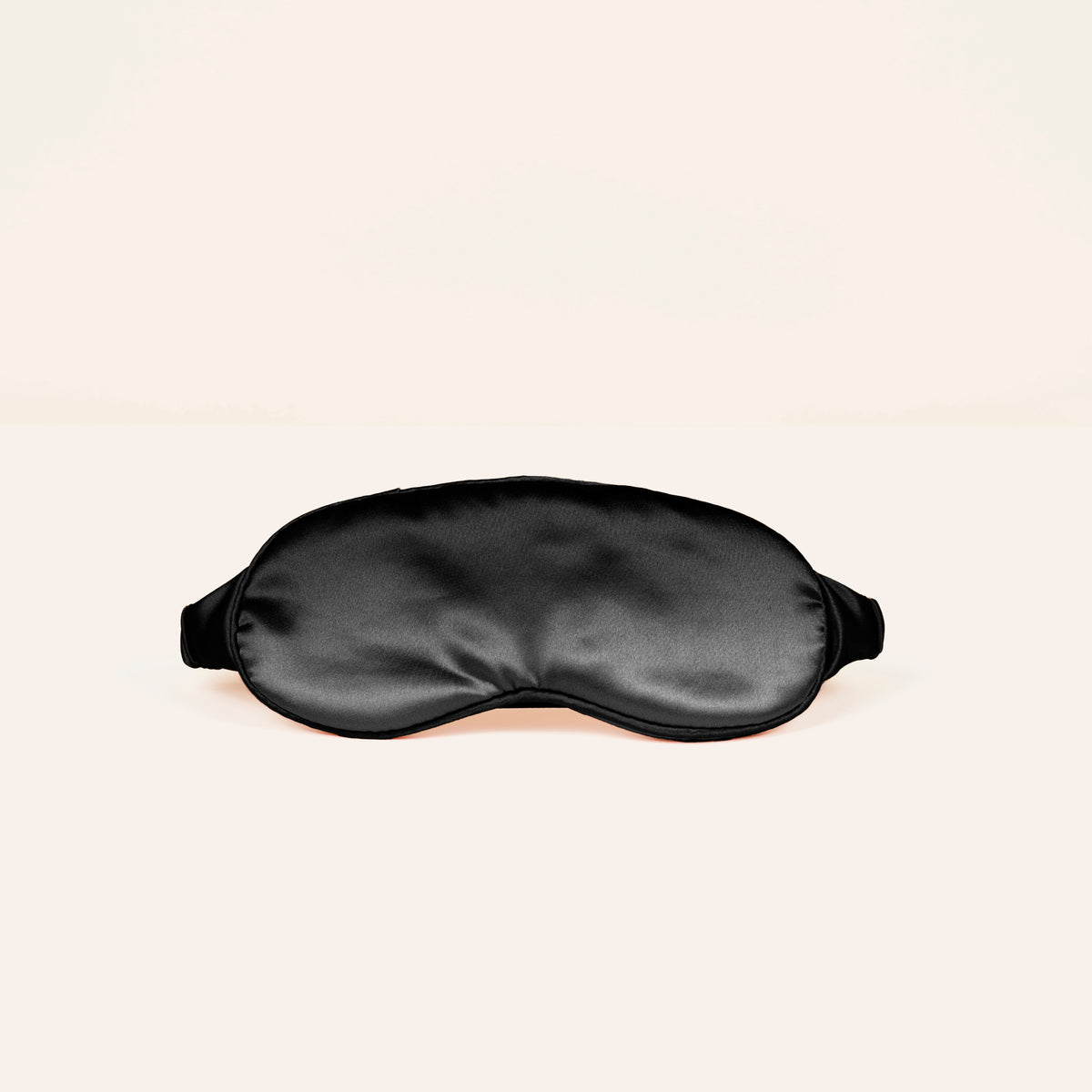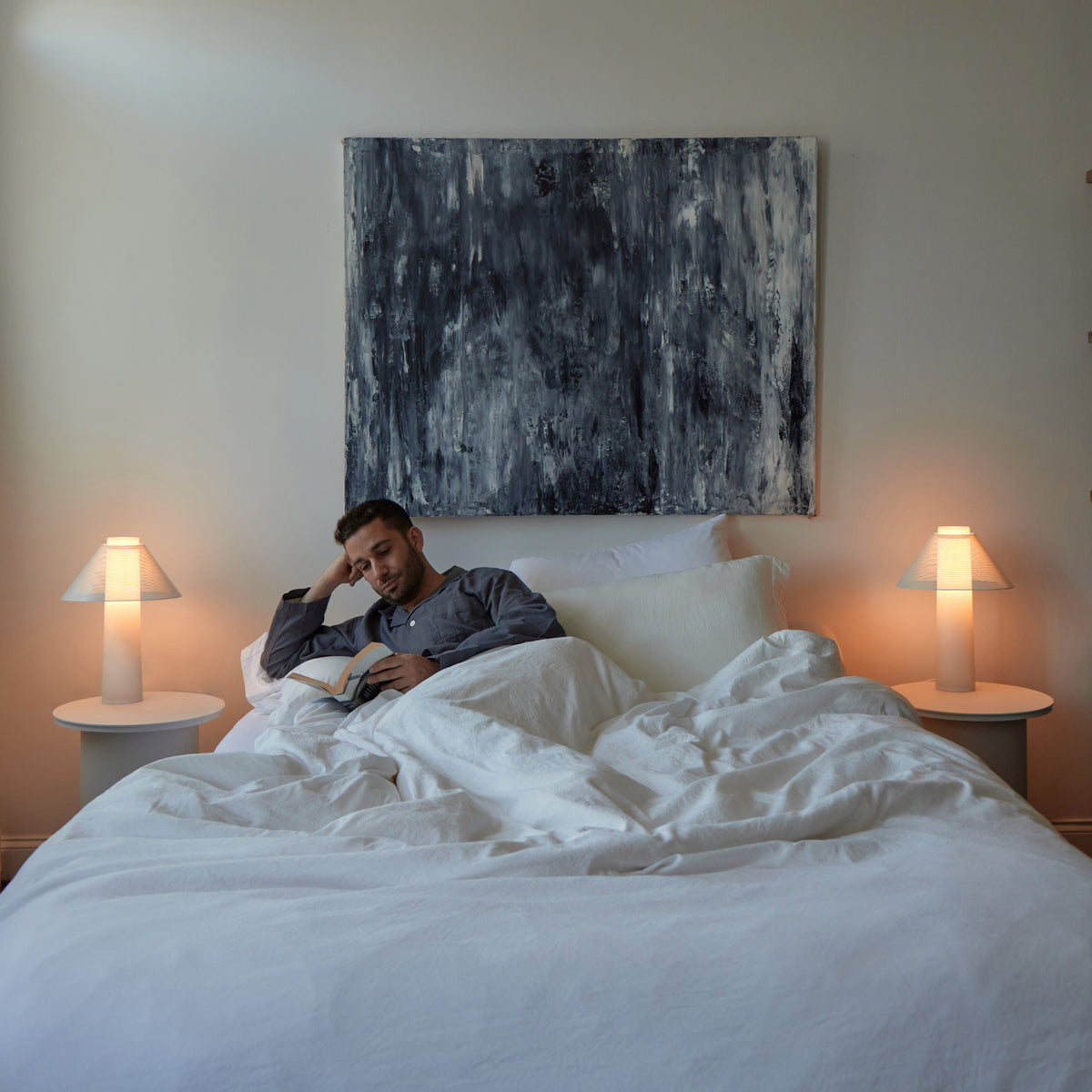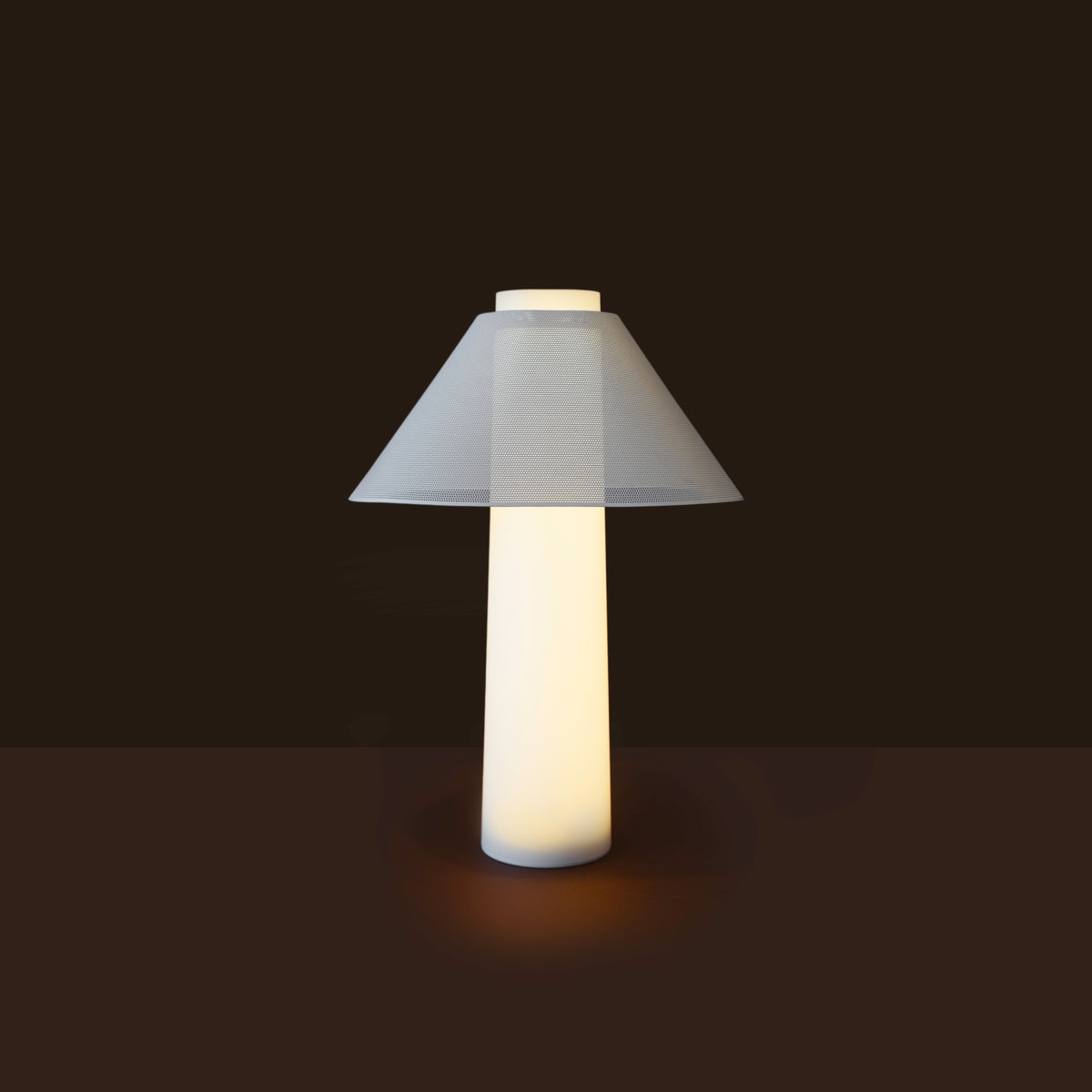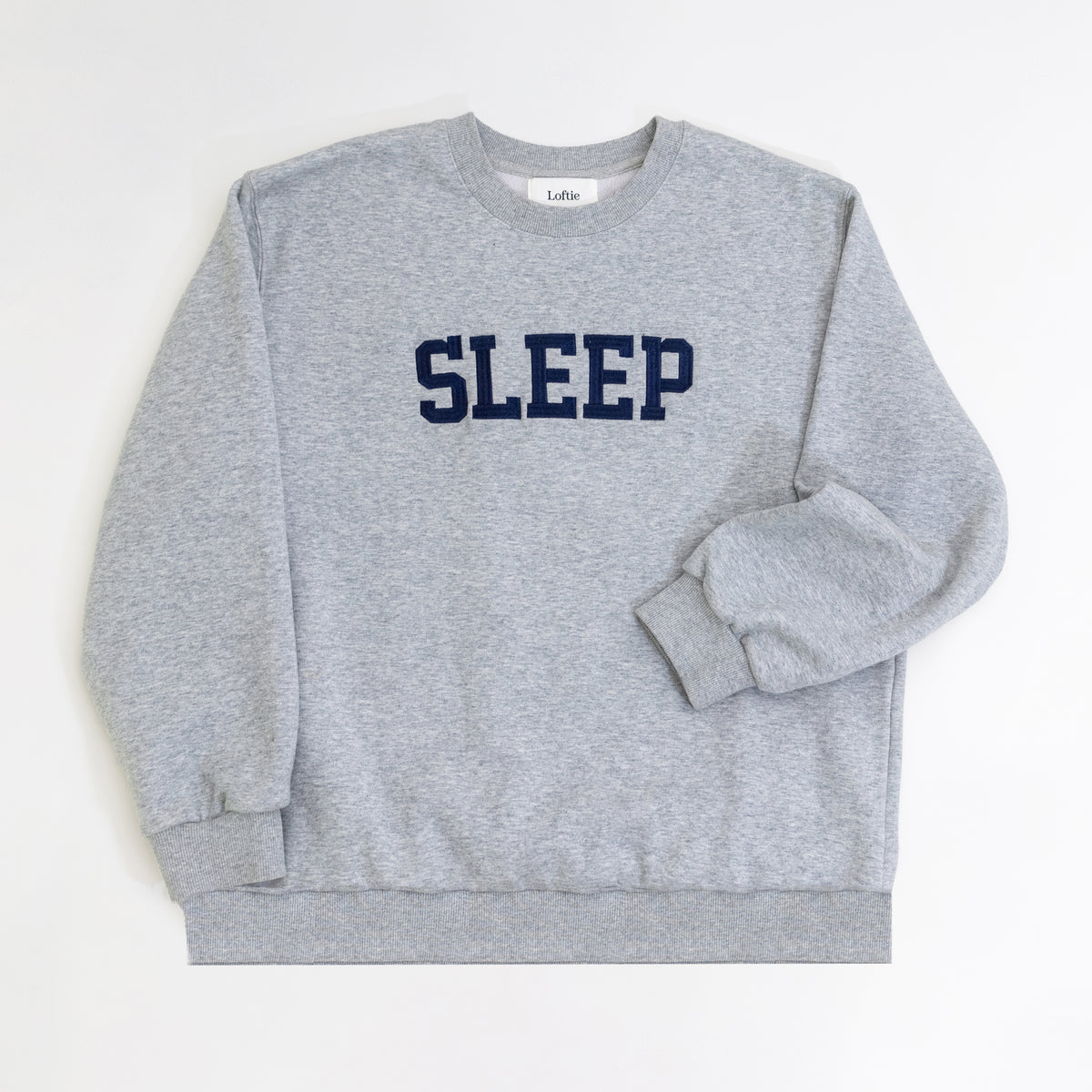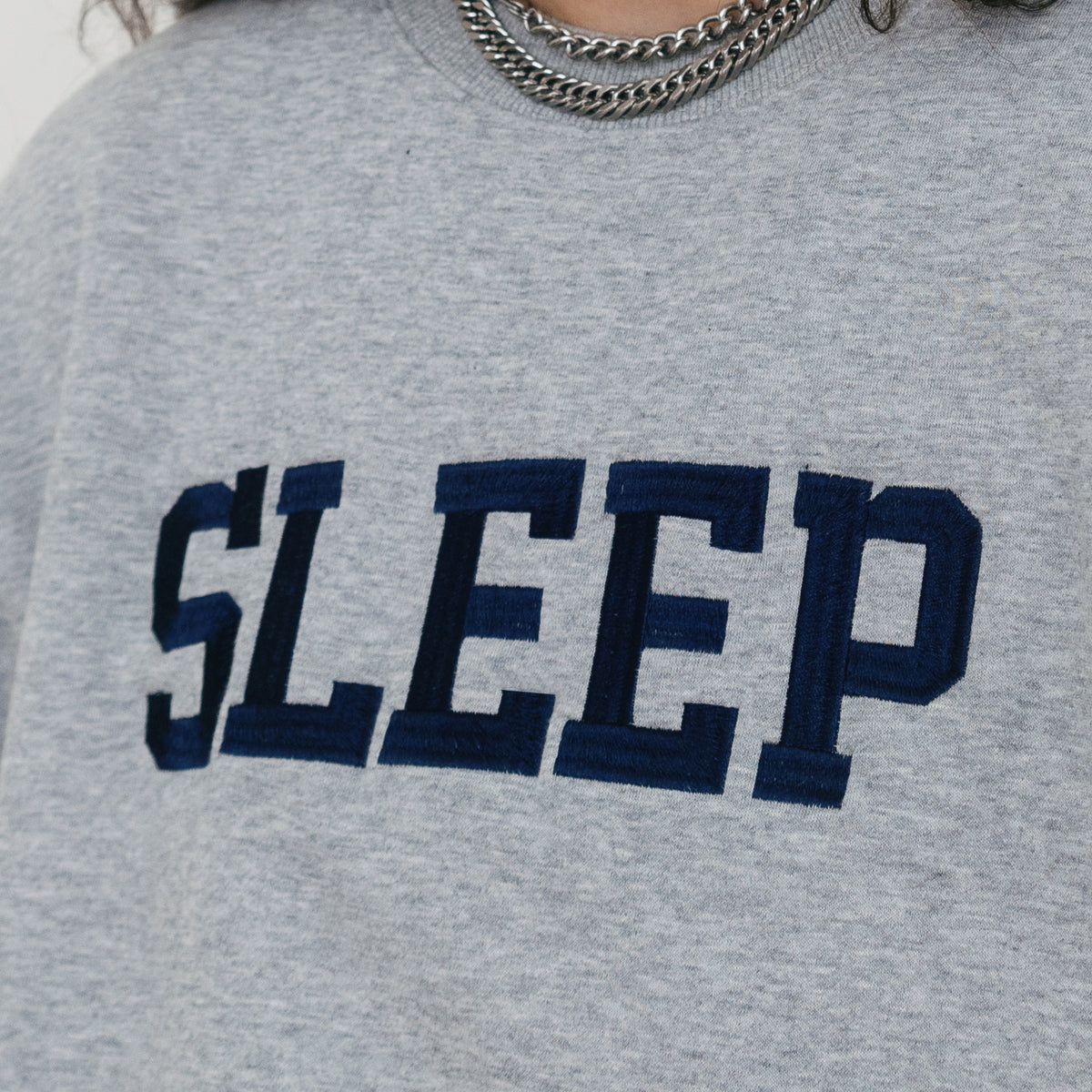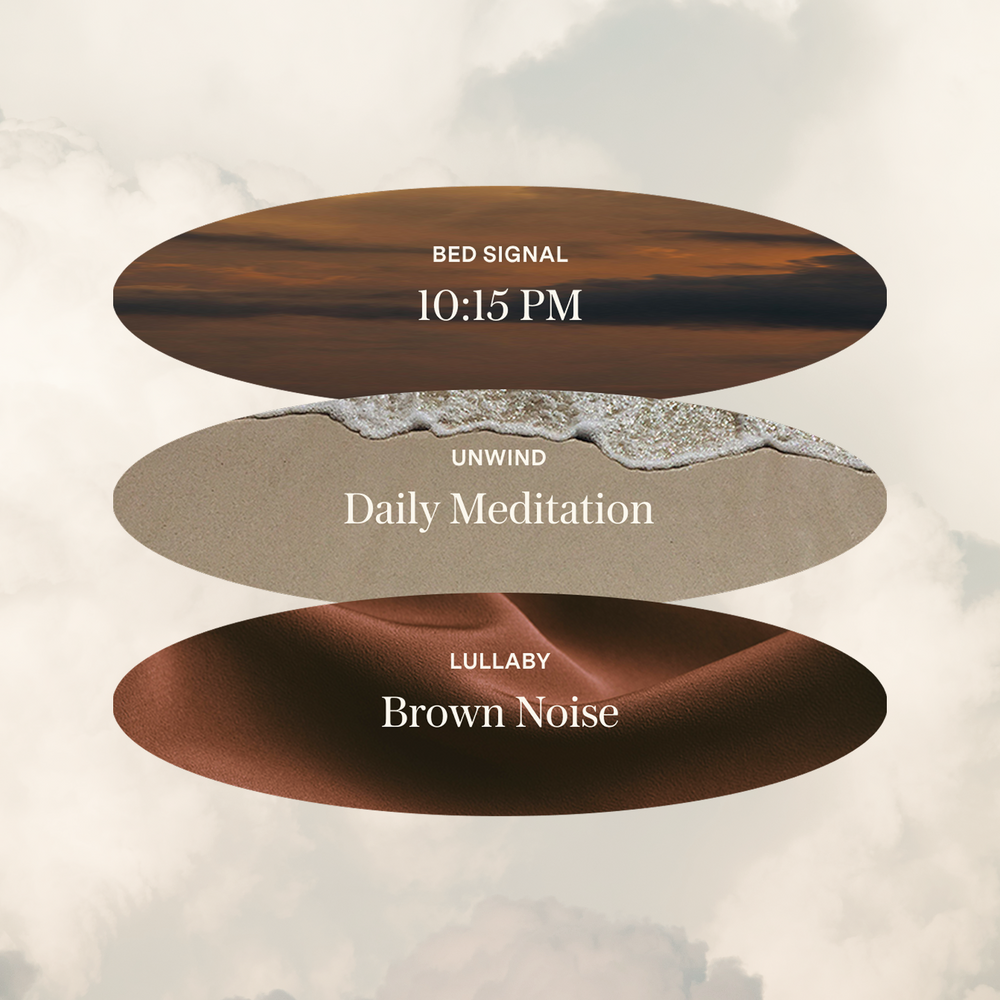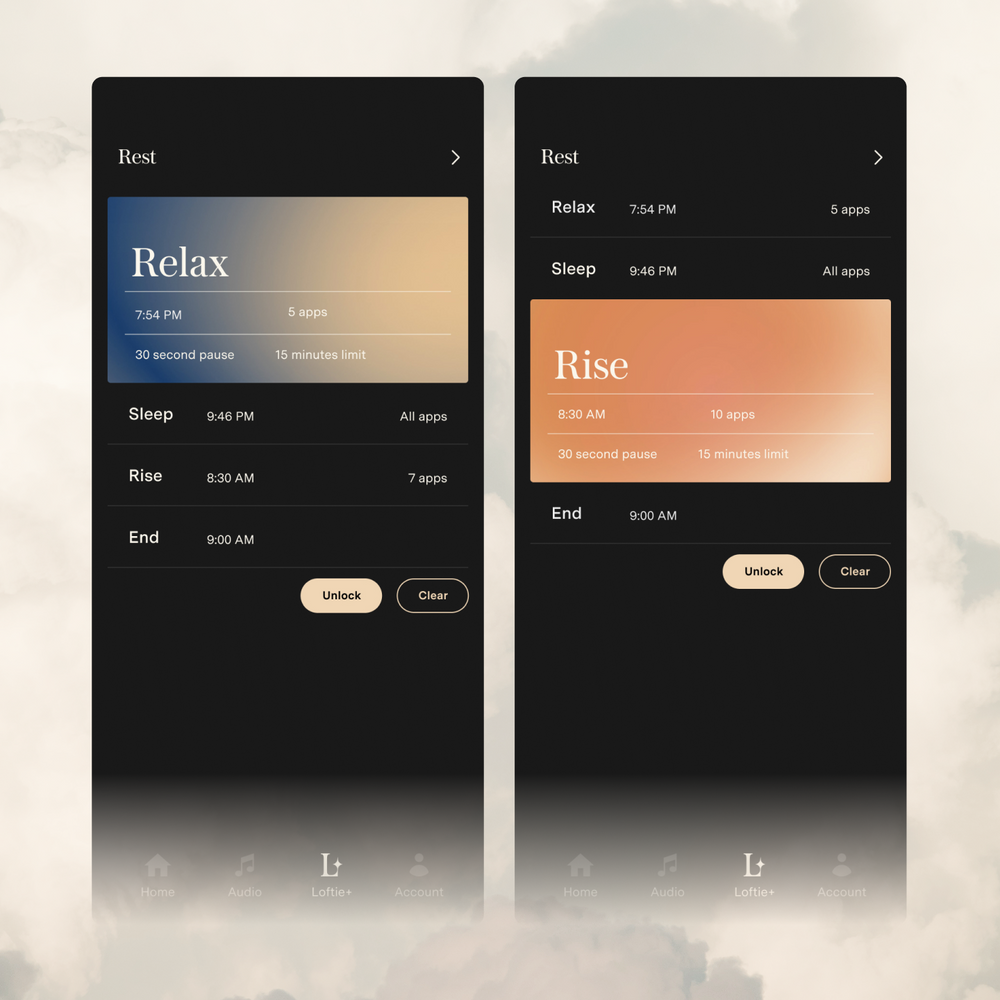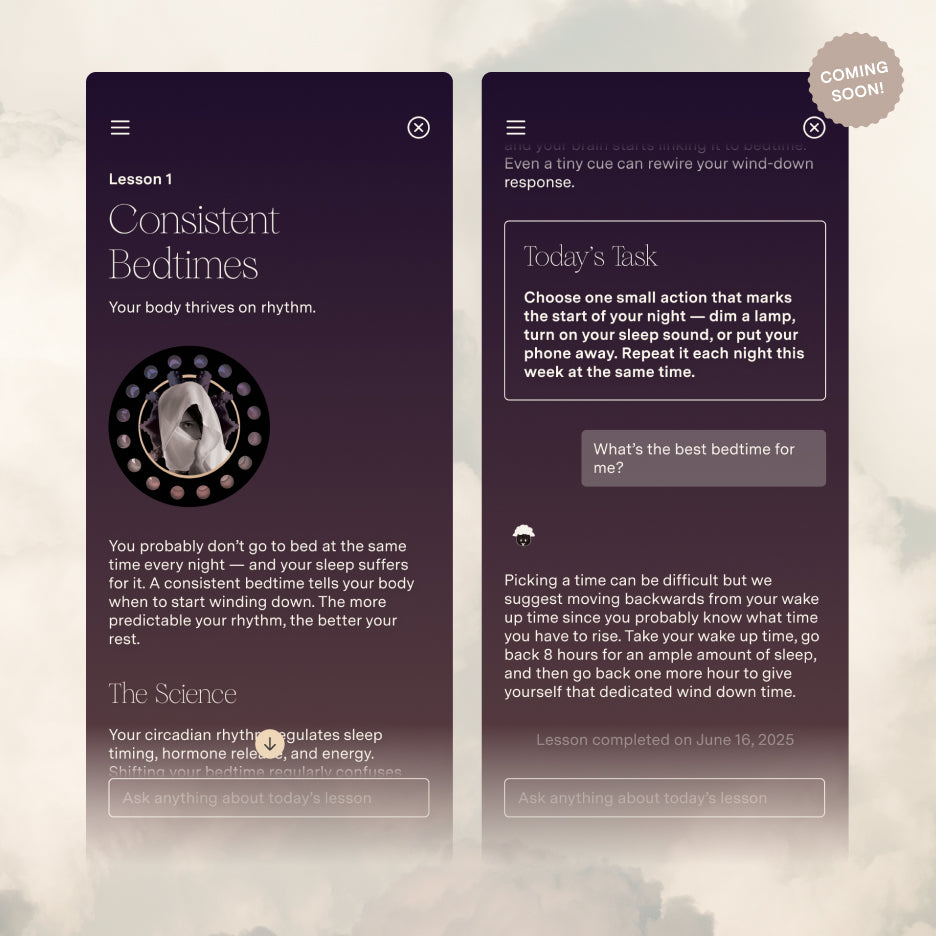From steps and reps to calories, and everything in-between, today we can track just about anything. But if you want to measure the quality of your sleep, all you have to do is ask yourself, how do you feel when you wake up?
If you answered “refreshed,” then you can thank REM sleep for that. REM is a sleep stage scientists discovered in 1953. REM stands for rapid eye movement, and despite our bodies being asleep, REM is actually one of the most active sleep stages we experience.
It’s often associated with dreaming and processing memories and emotions. We’ll discuss why REM sleep is so important, how much you need, and how to increase REM sleep if you’re not getting enough.
What Is REM Sleep?
So, what is REM sleep? REM occurs approximately every 90 minutes, with the average person ideally experiencing four to six REM episodes per night. In general, and depending on your age, REM sleep accounts for 20%-25% of an 8-hour night of sleep. REM states are broken into shorter cycles starting at 10 minutes long, then progressively get longer towards the morning, sometimes lasting as long as one hour.
Why Is REM Sleep Important?
Research suggests that adequate REM sleep can actually improve your memory and brain development. Newborn babies spend 50% of their total sleep time in REM. REM sleep importance cannot be overstated. It’s been attributed to increased emotional and creative processing. Dreaming occurs in both REM and NREM (non rapid eye movement) sleep, but REM dreams are reported as being more vivid and unusual than NREM dreams. REM sleep is also linked to recovery from traumatic events and even appetite regulation.
How Much REM Sleep Do You Need?
So, how much REM sleep do you need to reap these kinds of benefits? Experts typically suggest total sleep time rather than specific amounts of REM sleep because the body regulates its own sleep cycles. That being said, we know seven hours per night is the average recommendation for adults, which means REM sleep should account for 20-25% of that time (or about 1.5 to 2.5 hours).
If you’re getting less than seven hours of sleep per night, you may not see immediate effects, but 12-24 hours of sleep deprivation can cause REM rebound. This is when the body tries to make up for missed REM by increasing the amount in the next sleep cycle.
What Can Affect REM Sleep?
There are a variety of external and internal factors that influence sleep. Because REM sleep in particular is so closely linked to our circadian rhythm, exposure to light can influence our ability to wind down and therefore the quality and length of our REM sleep. Certain underlying conditions such as depression and sleep disorders can also affect REM sleep. For example, those with depression often experience their first REM cycle earlier in the evening (and it lasts longer), whereas those with insomnia obtain less REM throughout the night.
How to Get More REM Sleep
Knowing how to get more REM sleep out of every snooze resides in ensuring you clock enough hours to allow your body the time to cycle through the stages. Since REM sleep occurs mostly during the second half of our sleep cycle, seven hours is ideal. Less than that and you’ll run the risk of skipping your sleep cycles.
One of the best ways to get high-quality sleep is by creating a space you love winding down in. And thankfully, this doesn’t require a full-blown bedroom transformation. Try updating your bedding, turning down the temperature or darkening the shades. Adding even a few comforting essentials like the Sleep Kit and Loftie Lamp are easy ways to curate a sense of calm.
Develop and Maintain a Sleep Schedule
According to the Sleep Foundation, REM sleep usually stabilizes once a person starts receiving quality sleep on a regular basis. Longer periods of REM sleep align with the decrease in body temperature that occurs in the early morning hours. Experts advise developing and maintaining a consistent sleep schedule to achieve your body’s ideal amount of REM sleep per night.
Treat Sleep Disorders
Poor quality sleep can also cause a decrease in REM. Treating sleep disorders like sleep apnea have shown to not only improve overall quality of sleep once REM is restored, but also improve mood.
Stop Taking Sleep Aids
Some prescription medications, including beta blockers, alpha blockers, antidepressants, and sleep aids are known to suppress REM sleep. REM rebound is often experienced once the medication is stopped. If you experience a lack of REM sleep or notice a change in the quality of your sleep, ask your doctor about switching to another medication or lowering your dose.
Avoid Alcohol, Caffeine, and Tobacco
It may be tempting to turn to substances like alcohol, caffeine, and tobacco when you’re struggling to sleep or stay awake, but these can have the opposite effect. Drinking even a moderate amount of alcohol can delay and decrease your REM sleep cycle. Depending on the amount and timing, caffeine can lead to sleep debt by decreasing the quantity of slow-wave and REM sleep and increasing the amount of awakenings throughout the night. If you’re struggling with your sleep, avoiding alcohol, caffeine, and tobacco is best.
Use Sleep Hygiene Techniques
Developing sleep hygiene can greatly improve the quality and quantity of sleep over time. This includes things like incorporating daily exercise, establishing a set bedtime, and limiting exposure to light before bed. Those with diagnosed sleep disorders like insomnia may not find this to be enough and should talk with their doctor for more support.
When to Talk to Your Doctor
Sleep has the power to transform the quality of our lives but it can take time. Tracking your sleep can offer a clearer picture of what a good night of sleep actually looks and feels like to you.
While the body naturally recuperates over time to make up for some of that lost sleep, we advise those experiencing severe sleep issues to seek out medical support to prevent long-term health complications.



